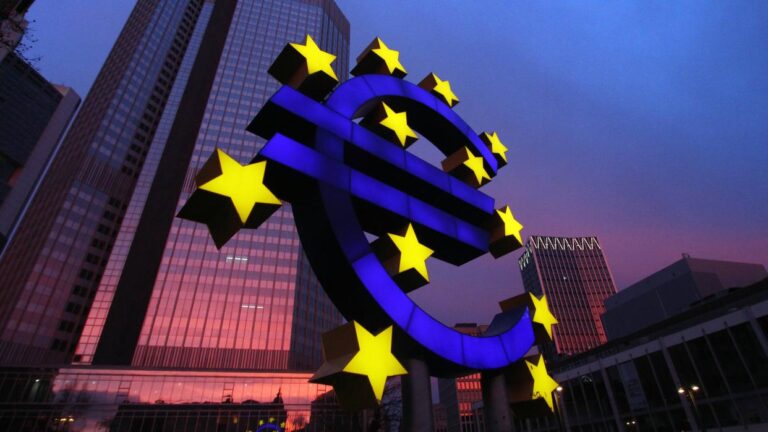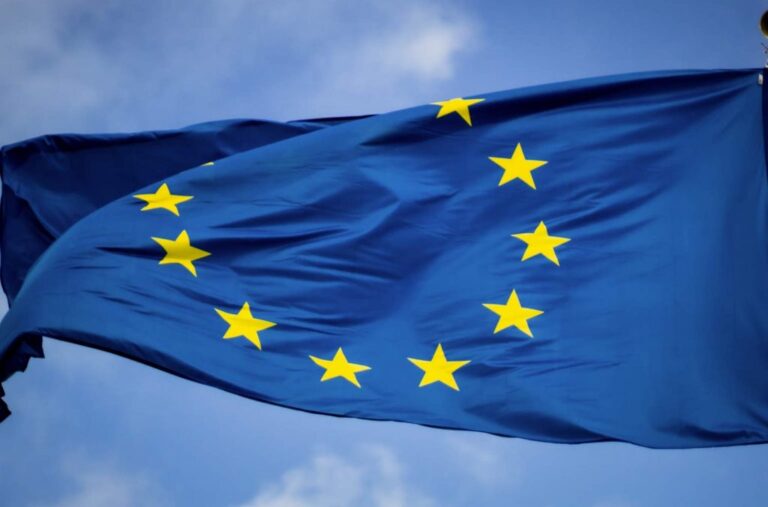
Brexit Bill Increased
Discussion and Analysis by Grace Gliksten
It has been reported that Prime Minister Theresa May won ministerial support to increase the Brexit offer from €20bn to €40bn yesterday. May is hoping that the increase will unlock stalled negotiations, but has been warned by Eurosceptic colleagues that this is conditional upon securing good transition and trade agreements with the EU. The increase is intended to close the gap between the UK’s initial offer of €20bn and the €60bn expected by the EU.
Ministers have speculated that the promise from the UK to respect its outstanding EU commitments could mean a bill of €40bn to €50bn. While the UK accepts some obligations, there are several questions surrounding the full details of these. These include the issue of pensions for EU staff, and how the UK’s contribution is calculated. Another contentious issue surrounds the question of building projects that have had funding approved by all EU states, but where work will not start until the Article 50 process has been completed.
The increase was approved by a 10-member subcommittee in Downing Street yesterday. One minister said, “there is consensus behind the prime minister’s position – for now.” Foreign Secretary, Boris Johnson, was part of the subcommittee and one of the members who agreed that the increased offer should be dependent upon the EU opening transition talks in December and settling on an encouraging trade agreement next year. Another member who agreed with Johnson said, “it has to be something for something … this can’t be unconditional money.” Eurosceptic ministers have also said, however, that Britain should be prepared to walk out of talks if a bad trade deal is proposed by the EU. This follows the same tone as May who said, “nothing is agreed until everything is agreed”.
May is expected to wait until the last possible moment before making her improved financial offer. She has confirmed that the offer will only be made when she is sure that it will break the stalemate in negotiations ahead of the EU summit next month. 8th December has been signalled by officials as the date the offer will be made, despite Michel Barnier’s, the EU chief negotiator, pressure to deliver the proposal by the end of this week.
May is holding off on the offer in order to gain the most leverage in negotiations.. May is waiting for assurances from EU leaders that the proposal would be received favourably and wants the European Council to declare that first round talks have made “sufficient progress”. She wants the increased offer to help open talks on the transition deal and trade agreements.
Negotiations have been complicated by the current political uncertainty in Germany. The breakdown of talks to form a coalition under Chancellor, Angela Merkel, has left Germany in an unprecedented political crisis. With both the coalition and Merkel’s position unclear, May has been encouraged to exploit the current weakness. However, Thomas Matussek, former German ambassador to the UK, said, “I think German instability is bad news for Britain.” Moderating these comments, he added that he believes that the problems in Berlin would make “no operational difference” to the EU’s position on Brexit.
The Pound has benefited from positive Brexit news, improving across the board since the decision. Against the Euro, German political instability has exacerbated Sterling’s strength. The Pound rose 0.69 percent against the Euro, moving from 1.1230 to 1.1305, still short of the gains made at the end of October. It also increased 0.59 percent against the US Dollar, from 1.3175 to 1.3264.
Related Insights

Daily Brief – Harmful, Toxic, Biased and Insecure
Harmful, Toxic, Biased and Insecure Well it took less than one week: after the excitement that met the DeepSeek AI application, came the fight back, the negative press and the correct questioning as to whether DeepSeek is safe. Well surprise surprise, it does not tolerate or even answer questions prejudicial to China but there are […]

Daily Brief – Mission Driven
Mission Driven ECB President Christine Lagarde faced some polite but firm questions in the post 25bp interest rate cut presser yesterday afternoon. Given that Germany, France and Ireland which are all on the EU naughty step have the worst Eurozone economic performances and Eurozone inflation is 2.4% or 4% for services inflation versus GDP growth […]

Daily Brief – Competitiveness Compass
Competitiveness Compass In case it has passed you by, today is the day or Der Tag when the EU will publish its Competitiveness Compass. Before you reach for your Thesaurus to work out what the latest manifestation of the EU mangling the English language has in store for all of us, this is the twofold […]


 Humphrey Percy
Humphrey Percy